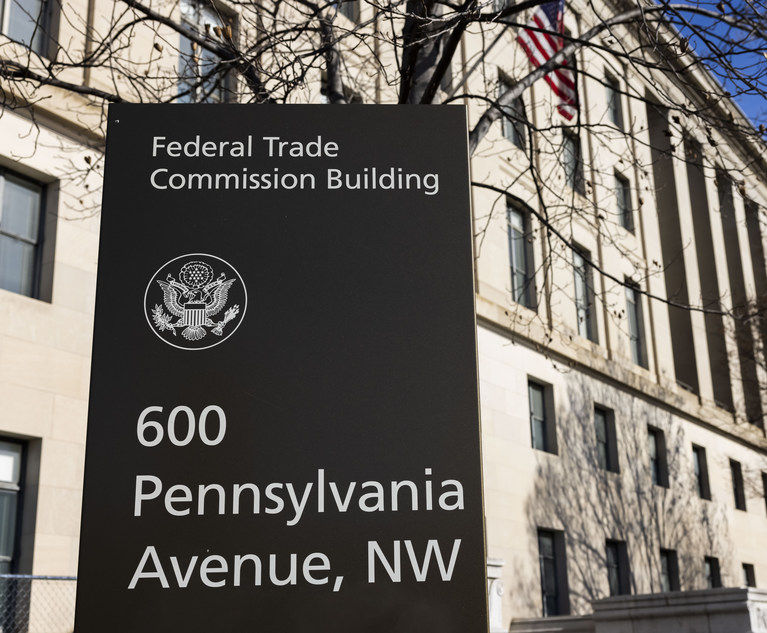





The Federal Trade Commission (FTC) has finalized a new 'click-to-cancel' rule designed to simplify the cancellation process for subscription services, which will take effect on April 14, 2025. This rule requires companies, including major players like Netflix, to allow consumers to cancel their subscriptions in as few steps as it takes to sign up. The decision follows a notable increase in consumer complaints about the difficulty of canceling subscriptions, which surged from 21 complaints per day in 2021 to 70 per day in 2024 [0856daf4].
The FTC's rule, approved by a narrow 3-2 vote, addresses deceptive practices often employed by companies, such as requiring in-person cancellations or obscuring cancellation buttons. The Biden administration initiated this policy in 2021, proposing it in March 2023 and receiving over 16,000 public comments during the consultation period. This new regulation updates the 1973 Negative Option Rule, which had not been revised to reflect modern subscription practices [0856daf4].
Effective 180 days after its publication in the Federal Register, the rule will impose civil penalties on companies that fail to comply. This action is part of a broader effort to enhance consumer protection in the subscription economy, which has grown by 437% since 2012, with revenues projected to reach $1.26 trillion by 2025 [d3ac0b5b].
While the rule has been welcomed by consumer advocates, it has faced opposition from some industry representatives, who argue that it could impose significant costs on businesses. The Interactive Advertising Bureau has estimated that compliance could cost businesses around $2.7 billion initially, with an ongoing economic impact of at least $100 million annually [2f0d294c].
In addition to the FTC's rule, a new law in Utah has shifted the responsibility of canceling subscriptions from consumers to companies. This law requires subscription services to notify customers 30 to 60 days before any renewal charges, ensuring that consumers are adequately informed about their subscriptions [d1acfa3b].
The FTC's efforts also coincide with ongoing legal actions against companies like Adobe, which has been accused of misleading consumers about cancellation penalties and making the cancellation process unnecessarily complicated. The FTC's lawsuit against Adobe highlights the challenges consumers face in managing their subscriptions and underscores the need for clearer regulations in the subscription economy [5c4ae6f2].
As the subscription model continues to evolve, the FTC's new rule represents a significant step toward balancing consumer convenience with protection, ensuring that consumers have the ability to manage their subscriptions effectively. However, experts warn that the rule may not address deeper issues in subscription practices, as many Americans underestimate their subscription spending and 69% believe there are too many subscription services [3fca4246].